Prices for the second-generation Toyota Prius Plug-in have been lowered before its launch by £3200, making it cheaper than the previous Prius Plug-In.
The reduction means the entry-level Business Edition Plus costs £31,695. With a sunroof, that model costs from £33,195, while the range-topping Excel model is priced at £33,385. All models are eligible for the Government's £2,500 grant for plug-in hybrid (PHEV) buyers. A 100,000-mile/five-year warranty is standard. First customer deliveries are scheduled for 1 March.
Toyota has only reduced the prices for the UK market and says it has been altered in order to keep the Prius Plug-In pricing sensible and competitive in the market.
Toyota's Safety Sense package will be standard on both versions. This includes automatic emergency braking (AEB) with pedestrian detection, lane departure warning with steering control. Optional safety features include blind spot monitoring and rear cross-traffic alert.
Both models get an 8.0in infotainment touchscreen, a head-up display, two 4.2in TFT information screens and a rear-view parking camera. Sat-nav, a DAB radio, Bluetooth, a wireless phone-charging area and a rear-view parking camera come as standard.
You also get model-specific two-tone 15in alloy wheels and automatic lights. Excel adds front and rear parking sensors and automatic wipers.
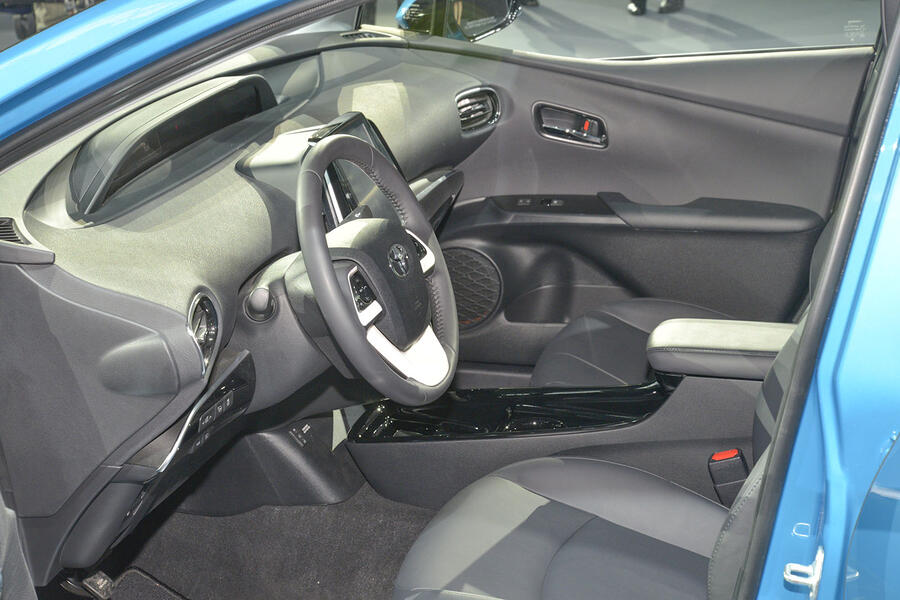
Tech
The Prius Plug-in can reach 84mph in electric-only mode and drive up to 39 miles, which is more than double the 14-mile range of its predecessor.
Officially, the new car can return 283mpg and emits just 22g/km of CO2 - the best figures yet achieved by any PHEV.
The car's lithium ion battery now has twice the capacity of the previous Prius Plug-in's, at 8.8kWh. This sends power through Toyota's new Dual Motor Drive System - one motor 22.5kW, one 53 - which represents an 83% boost in EV power over the old system.
This electric drive system works in conjunction with an 97bhp version of Toyota’s 1.8-litre four-cylinder petrol engine. A new exhaust gas recirculation system and improvements to its combustion make it, according to Toyota’s claims, the world's most efficient mass-produced petrol engine. With the electric motors, overall power is 120bhp.
Charging times have also been improved, thanks to an increase in the maximum power the car is capable of handling, from 2.0 to 3.3kW. The battery takes just two hours to charge up to 65% of capacity with a Type II Mennekes connector, or three hours and 10 minutes with a home plug socket.

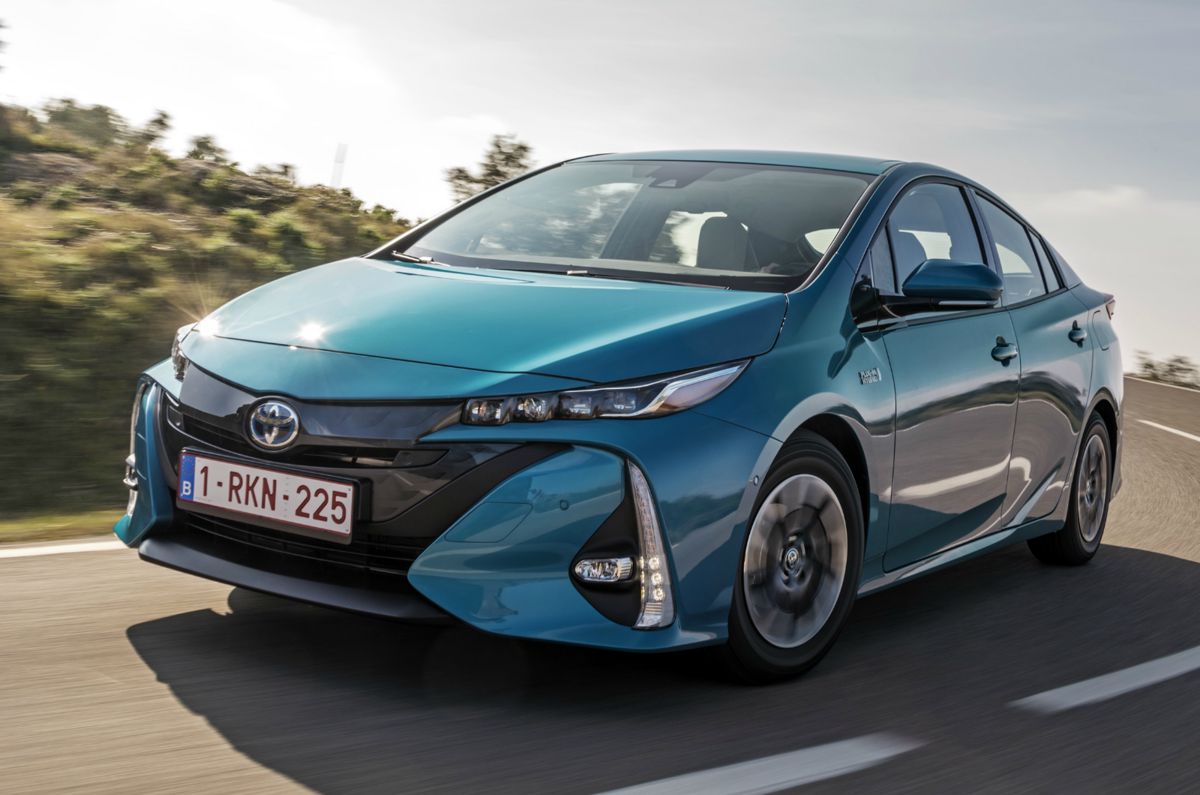
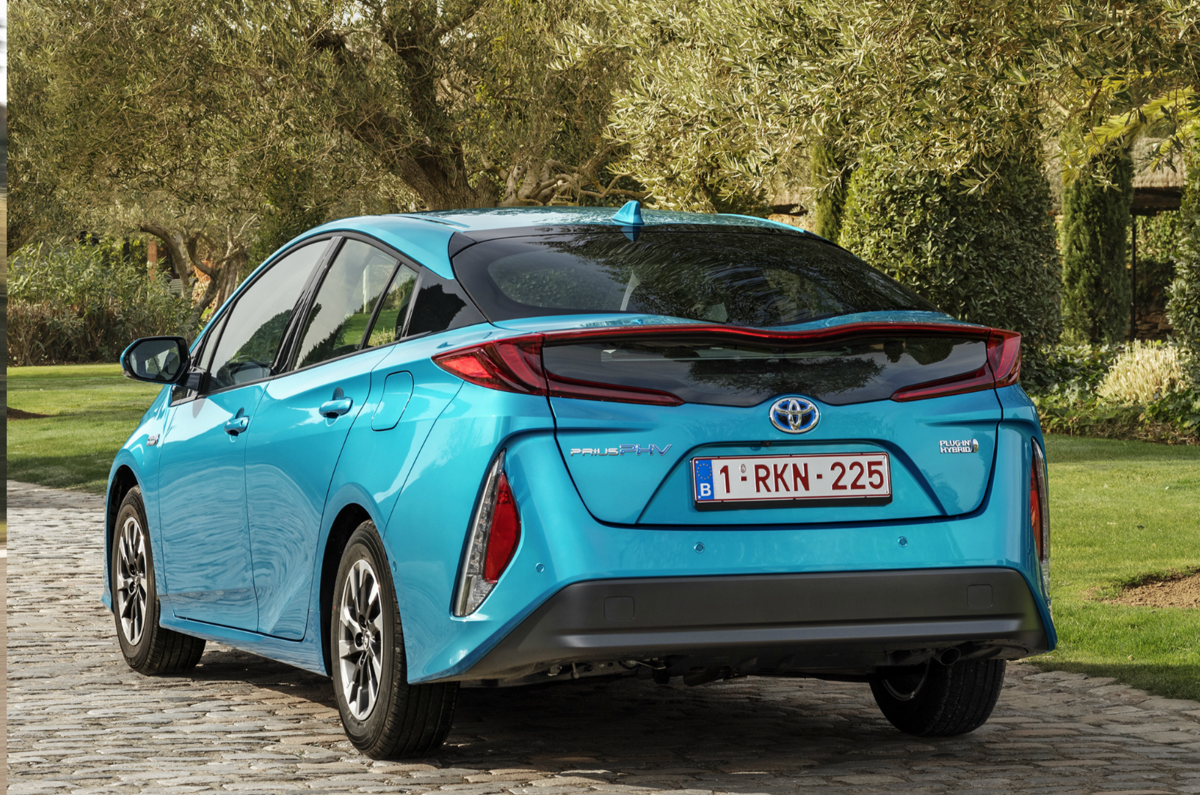
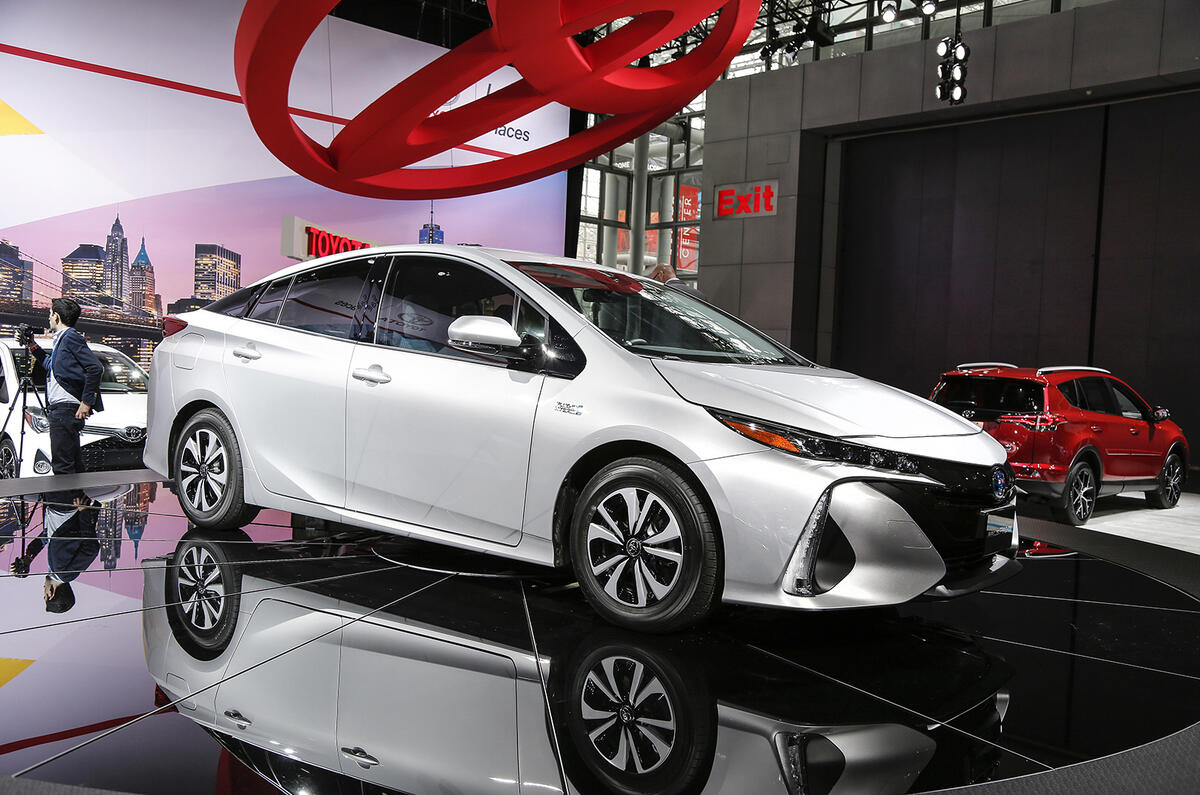
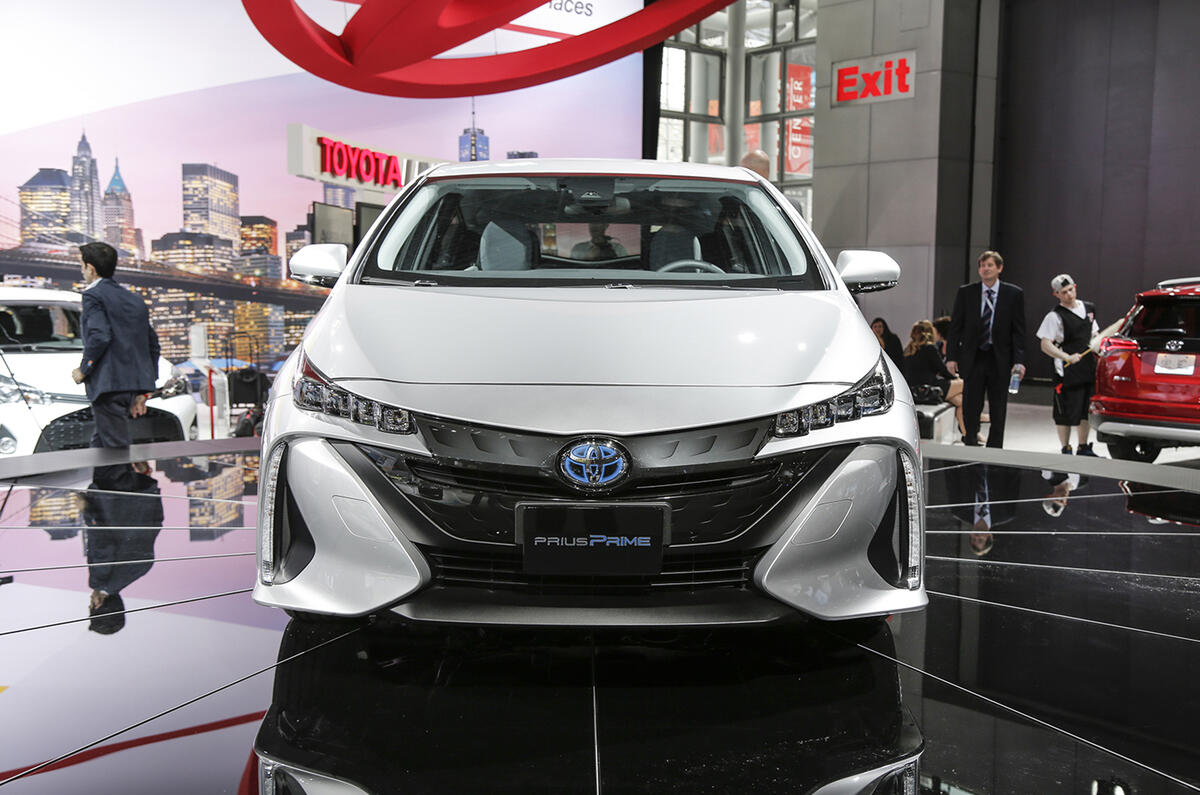
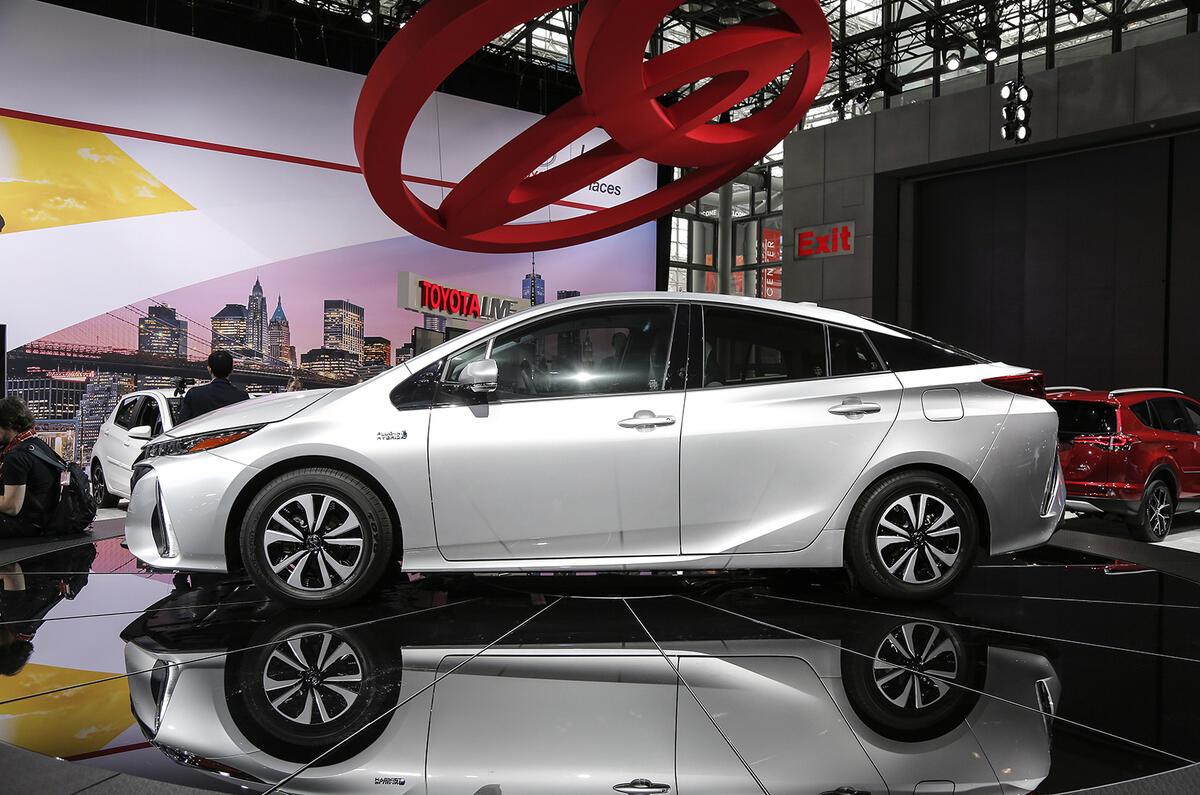
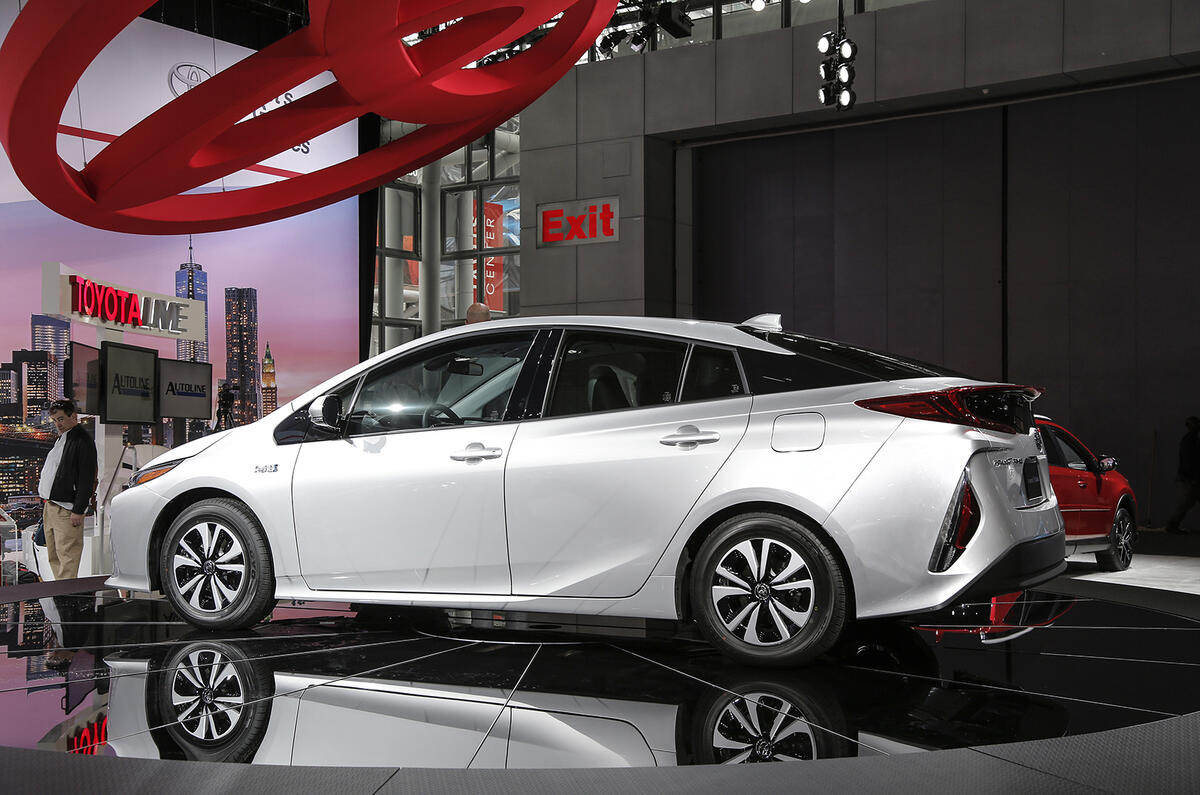
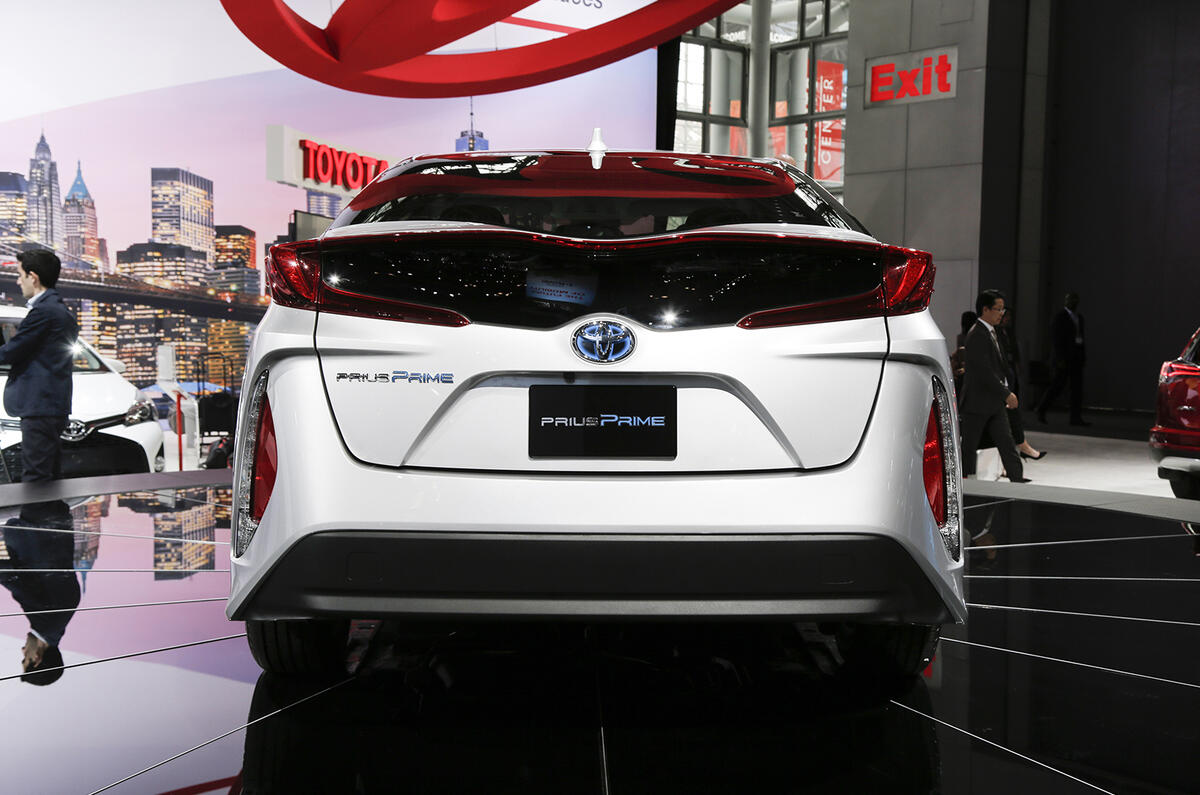
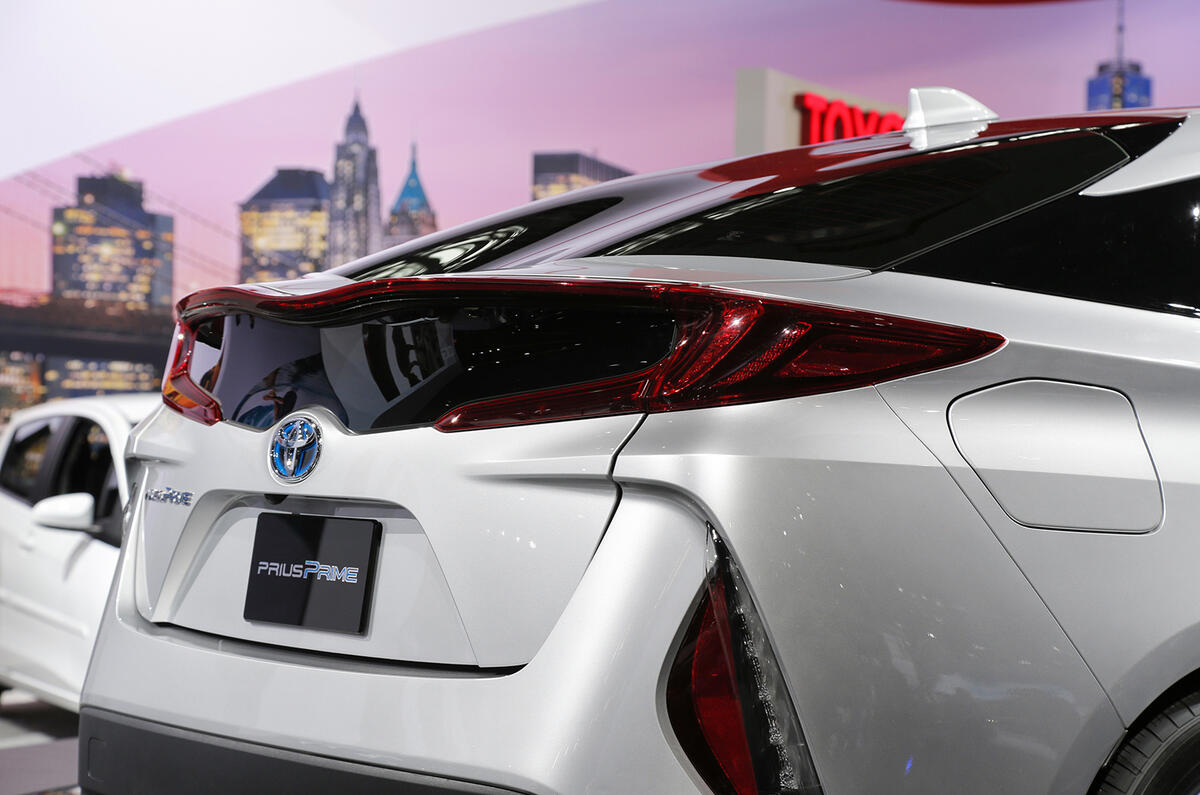
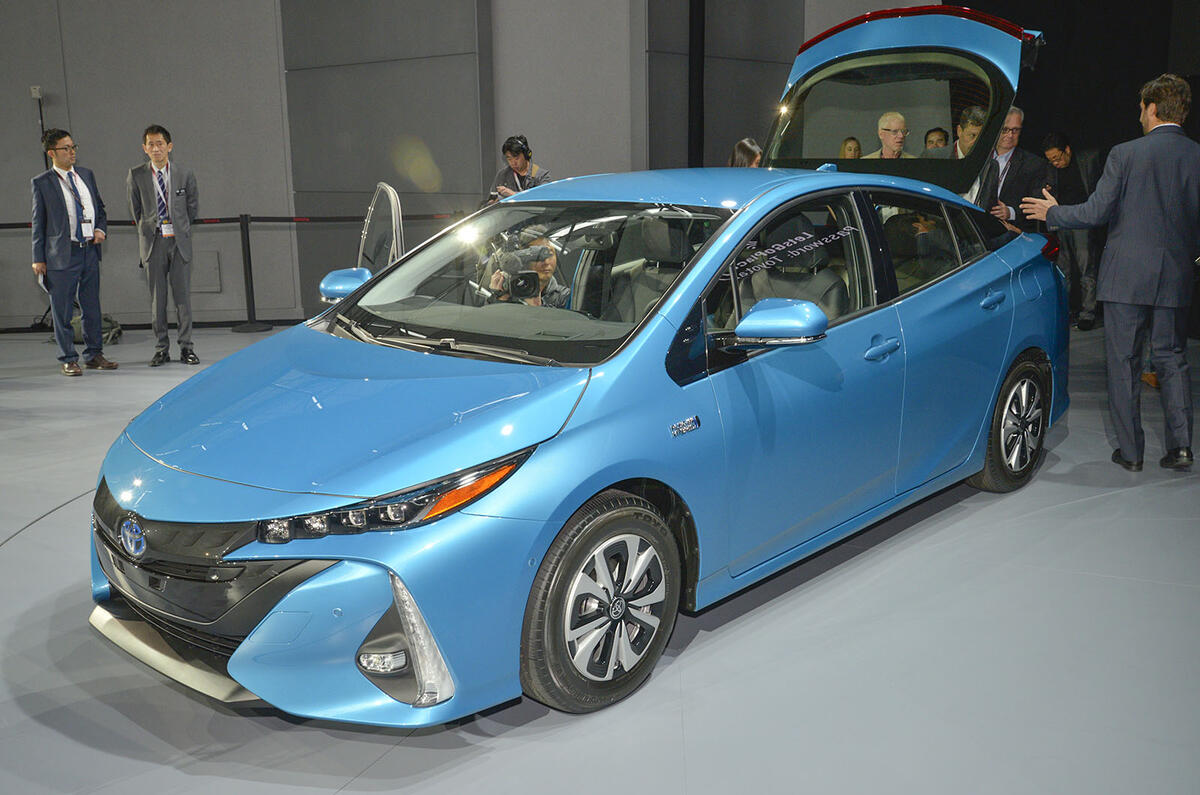
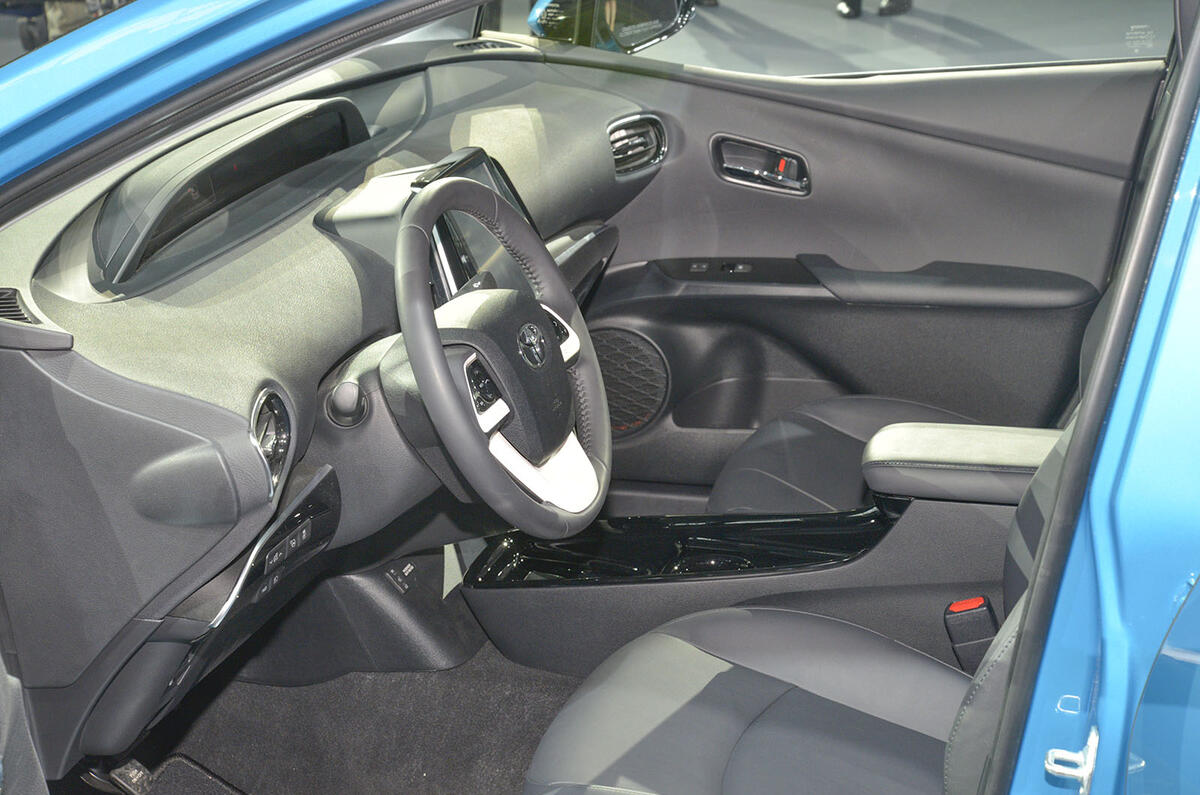
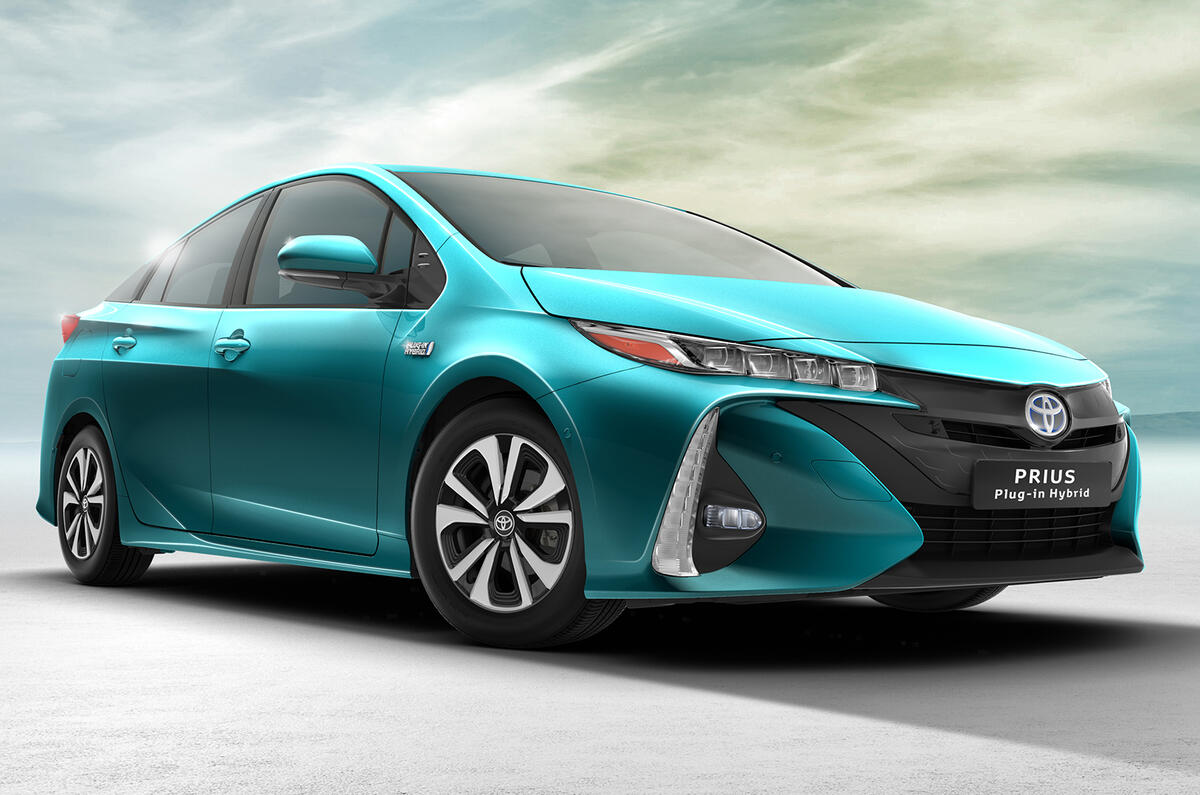
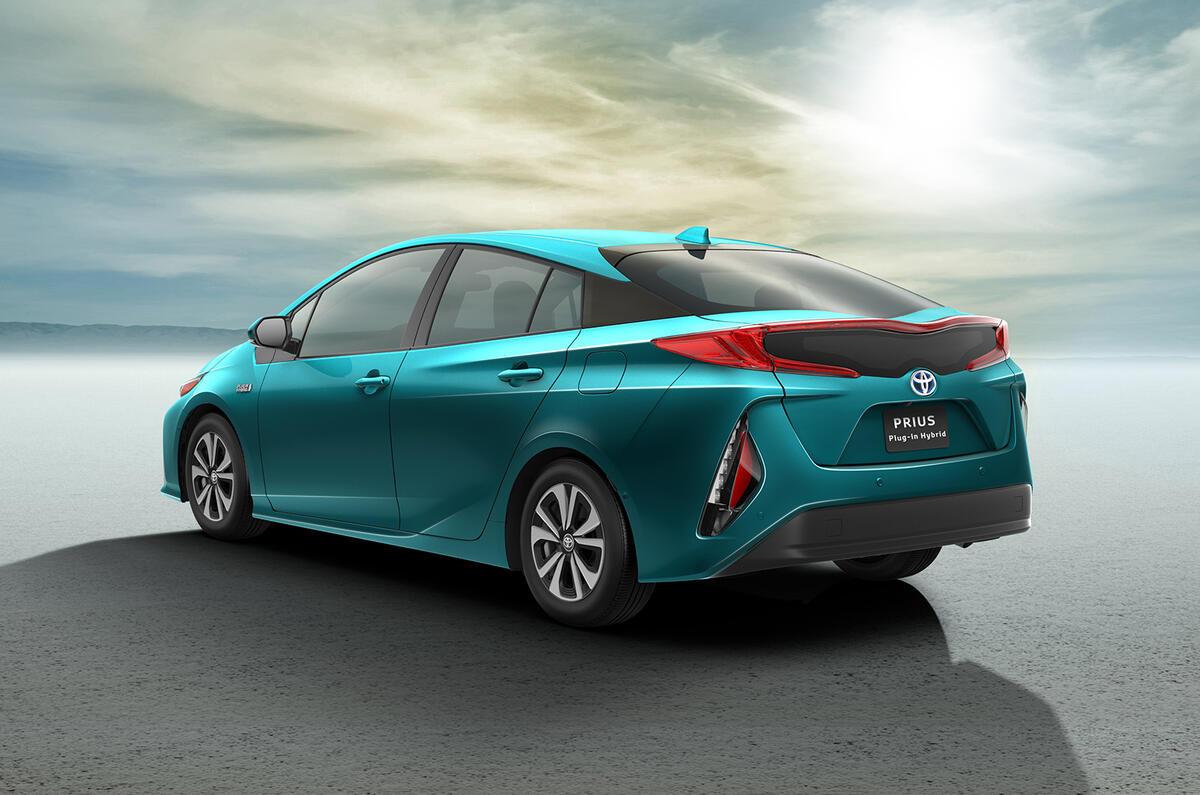
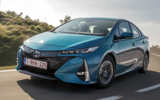
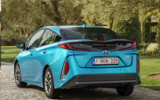
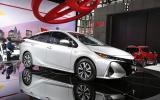
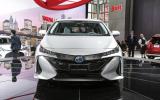
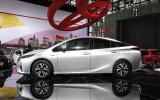
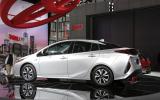
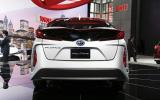
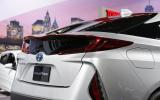
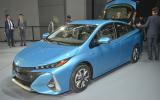




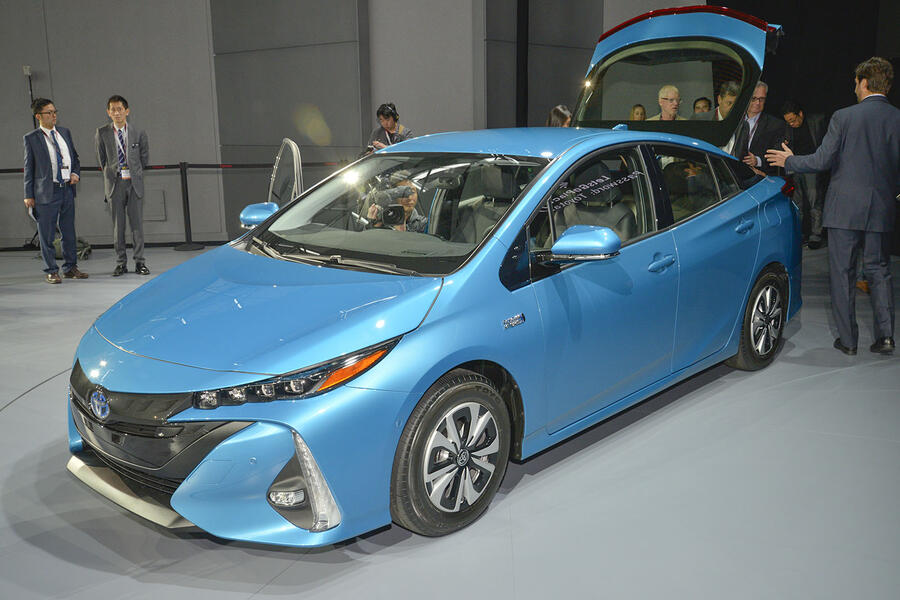





Join the debate
Add your comment
Hideous
the worst
dare
Is this a 48 volt system?
@ si73